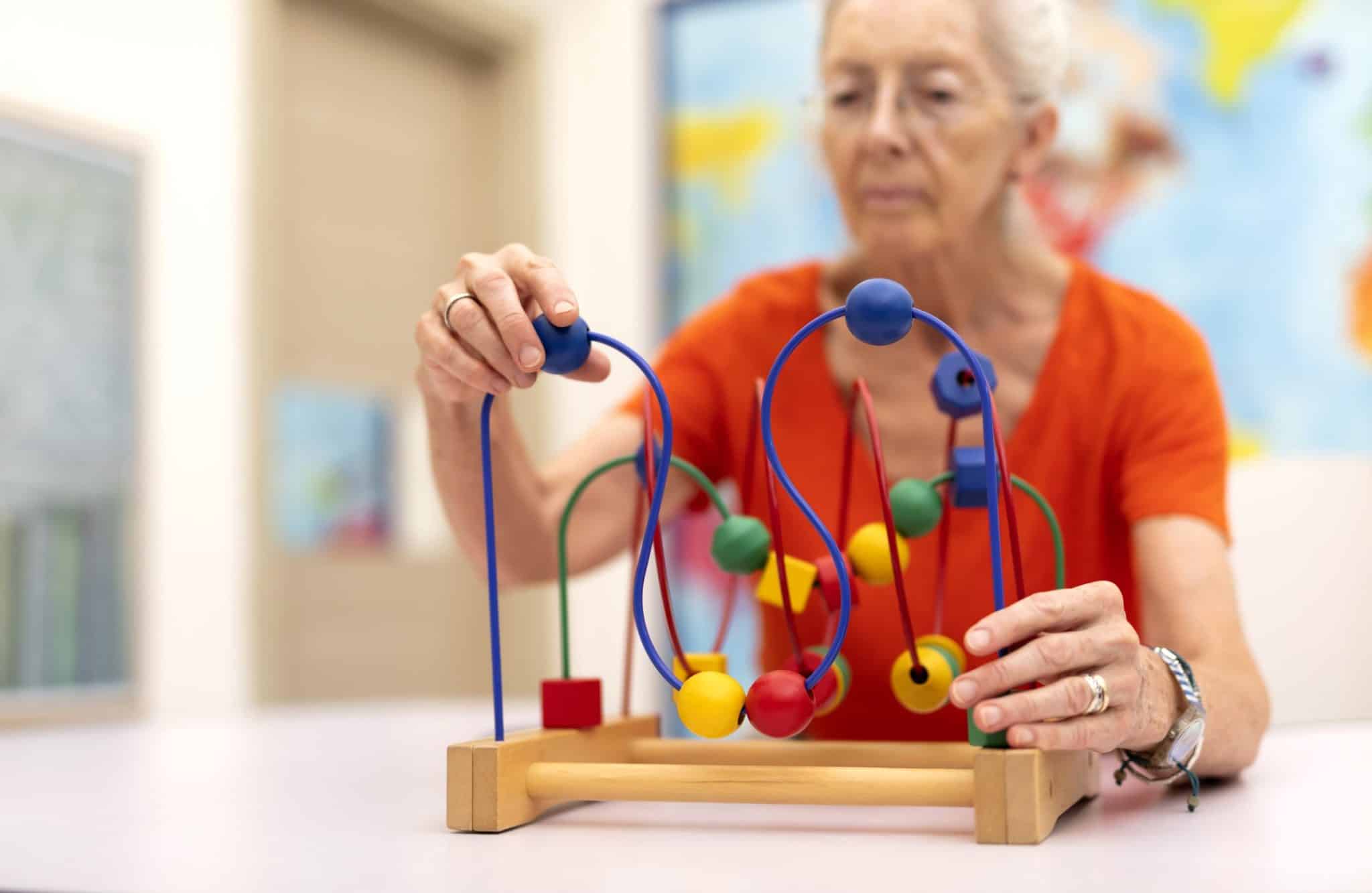Forgetfulness or Dementia?

We all forget things sometimes. It’s why we have reminders on our phones, why we keep post-it notes around the house, and why so many of us use a planner on a daily basis.
You may have noticed that as you get older you tend to forget things more frequently. This is a completely normal part of aging and nothing to be concerned about. But when does forgetfulness become more than just forgetfulness? If you’ve noticed that you’re having more trouble remembering things, or if a loved one is displaying some worrying signs of potential memory loss, it may be time to see a doctor.
What are some of the major differences between forgetfulness and dementia?
Forgetfulness often presents in one or several of the following ways:
- Absentmindedness. Even the most organized people lose focus from time to time. It’s common to forget a scheduled appointment, forget to pick up some of the items on your grocery list, or forget to call your friend back.
- Forgetting some memories over time. As we age, it’s normal to not be able to recall certain memories. Some people have better memories than others, but forgetting some memories is generally not a cause for concern.
- Depression and anxiety can cause people to be more forgetful than usual and sometimes mental health issues can be misdiagnosed as dementia.
Contrarily, there are certain signs that may point to the onset of dementia:
- Major changes in personality. This is different and more severe than simply experiencing mood swings. People experiencing dementia can sometimes exhibit behaviors that are completely out of character for them.
- Forgetting important details and information. Even those of us with bad memories don’t forget things like our mother’s name, our children’s birthdays, and our address. When people have difficulty remembering crucial information it may be time to speak with a doctor.
- Experiencing disorientation when in a new environment. Older adults who are disoriented often appear confused and are unable to fully grasp where they are. Disorientation is worrisome if it happens often in new areas, and even more so in familiar areas.
- A loss of interest in bathing, grooming, and overall appearance, along with an increasingly messy and unsanitary living space.
Memory care in assisted living
When older adults with dementia can no longer remain safe at home, they can benefit greatly from a professional memory care program that provides around the clock support. Memory care programs like Tapestries® have experts who can help manage the onset of dementia, giving residents the highest quality of life in a safe environment. Tapestries® believes in the importance of letting older adults with dementia live life on their own terms, focusing on their individual interests and passions.
Dementia isn’t something that people experience alone. Their entire family goes through it and needs emotional support too. Assisted living communities with memory care residences offer that support to the entire family, and believe in involving them in their loved one’s care. Seniors with dementia fare better when their families are involved, and when they receive complete, comprehensive memory care.
For more information about Tapestries® Memory Care in Gloucester County, or if you have any questions about assisted living, please contact UMC at Pitman today at: https://umcommunities.org/pitman/contact/




